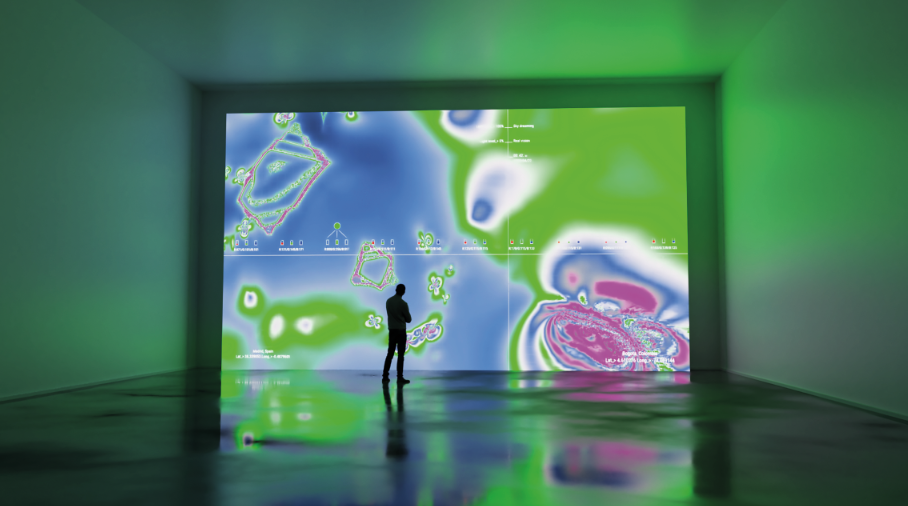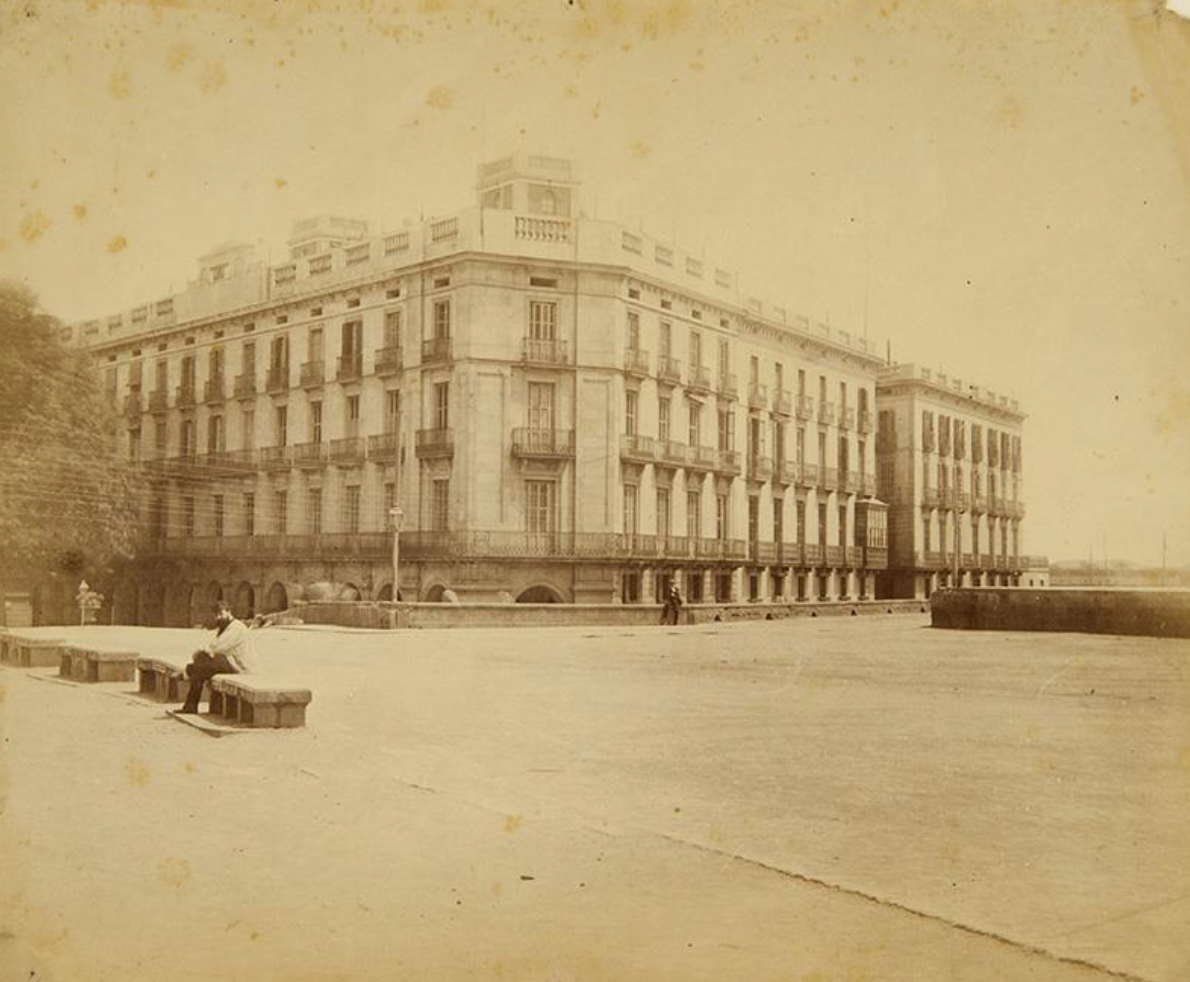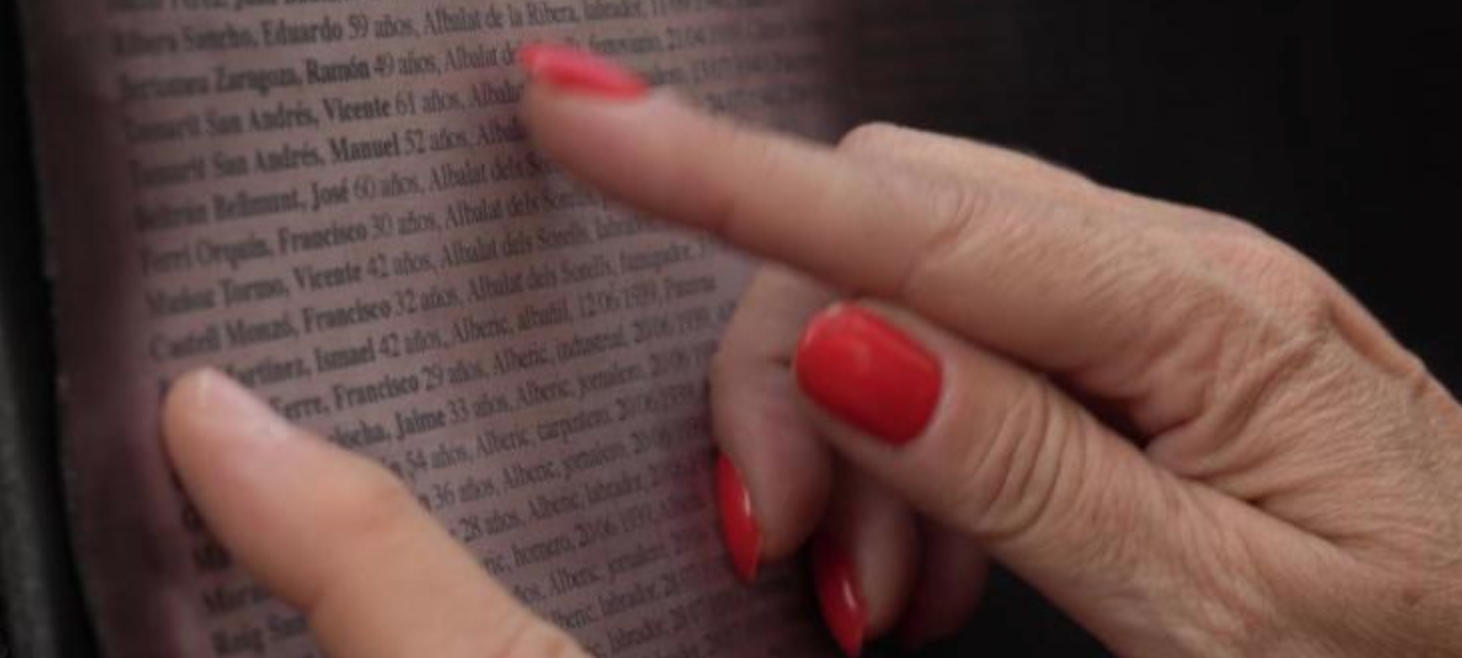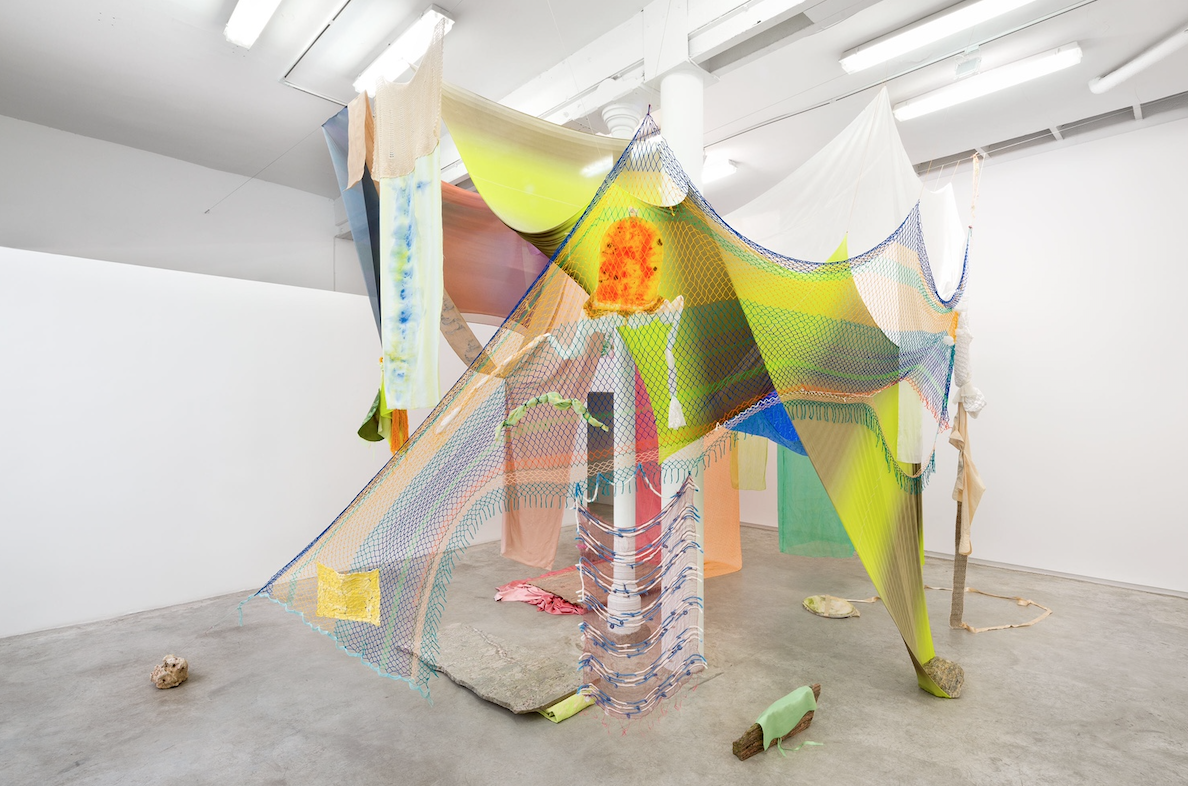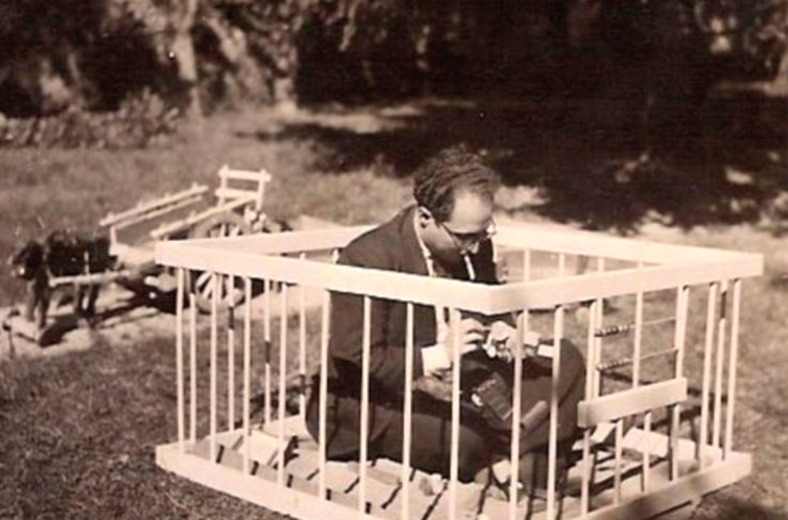
Any decentralization effort is always very commendable, even more so if it is aimed at recognizing what was an alternative center, such as the pre-war Reus (1930s, with the Commonwealth and the Second Republic still in force) which, thanks to figures such as Emili Mira (mentor of Tosquelles), he would lay the foundations of modern psychiatry. In fact, rather than laying the groundwork, what figures like Tosquelles himself would do is bring mental health issues closer to other issues that affect the human condition, starting with medical, of course, but ending with politics. and cultural ones.
In this sense, explains Carles Guerra, in Reus Tosquelles he knew how to relate the psychiatric avant-garde and the cultural avant-garde, as shown by his links with the Bloc Obrer Camperol (BOC) and the Partit Obrer d'Unification Marxista (POUM). In any case, and in continuity with the Catalan stage, the key period in the definition of the contributions that will grant a revolutionary role to Tosquelles is its passage by the hospital of Saint-Alban-sur-Limagnole, between 1940 and in 1962. There he coincided with Dr. Lucien Bonnafé, the surrealist poet Paul Éluard, the Dadaist theorist Tristan Tzara, the mad physician, philosopher and historian George Canguilhem, as well as the writer, psychiatrist and critic of colonialism Frantz Fanon, all names associated with the cultural avant-garde and politics as well as the institutional critique of medicine and psychiatry.
The exhibition of the Museum of Modern Art of Tarragona is a prelude to the other exhibitions that will be dedicated to Tosquelles and, precisely for this reason, it adopts an intimate format close to the family album that Guerra espigola in search of those Definitive traces of the subtle but prolific personality of the Reus psychiatrist: "Tosquelles - says the curator in a humorous tone - is a bit like those borderline characters of Woody Allen who travel throughout the twentieth century."
The origin of the project, in any case, must be located in 2017. It is at that time that Dra. Joana Masó, as a researcher at the University of Barcelona, and Carles Guerra himself, then director of the Fundació Antoni Tàpies, began and organized a far-reaching research to recover the figure of the Catalan doctor and intellectual. This research, entitled The Forgotten Legacy of Francesc Tosquelles , receives financial support from Cellex / Fundació Pere Mir-Puig, a support that allows a three-way collaboration agreement (Fundació Cellex / Pere Mir-Puig, Universitat of Barcelona and Fundació Antoni Tàpies). Thanks to these years of previous research, it has been possible to delve into the scientific and intellectual contributions of Tosquelles, in the recovery, translation and editing of his texts, as well as in the knowledge of the medical and intellectual environments that mark in different periods of his career in psychotherapy





